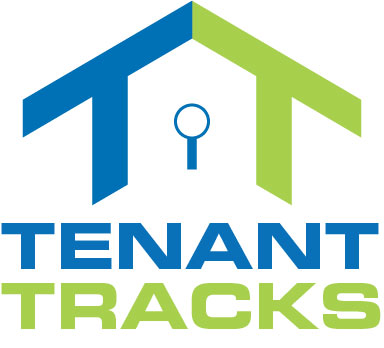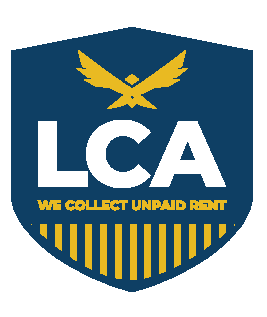Renting out property can be a profitable venture, but maximizing your returns requires a deep understanding of the tax implications. One of the most significant tax advantages for landlords is depreciation. This article will provide a comprehensive overview of rental property depreciation, its benefits, and how to effectively utilize this valuable tax deduction.
What is Rental Property Depreciation?
Depreciation is an accounting method that allows taxpayers to deduct a portion of the cost of their rental property over time. This deduction reflects the gradual wear and tear and obsolescence of the property.
Key Points to Understand:
- Depreciable Assets: Only the building itself (improvements) can be depreciated, not the land.
- Depreciation Schedule: Residential rental property is typically depreciated over 27.5 years using the straight-line method. This means you deduct an equal portion of the building’s cost each year.
- Tax Benefits: Depreciation deductions reduce your taxable income, lowering your overall tax liability.
How to Calculate Depreciation
- Determine the Depreciable Basis:
- Start with the purchase price of the property.
- Subtract the value of the land (appraisals or land value assessments can help determine this).
- Calculate Annual Depreciation:
- Divide the depreciable basis by 27.5 years.
Example:
- Purchase price of property: $300,000
- Land value: $100,000
- Depreciable basis: $300,000 – $100,000 = $200,000
- Annual depreciation: $200,000 / 27.5 years = $7,272.73
Benefits of Depreciation for Landlords
- Reduced Tax Liability: Depreciation significantly reduces your taxable income, resulting in lower tax payments.
- Increased Cash Flow: Lower taxes mean more cash flow available for property maintenance, improvements, or other investments.
- Tax Loss Harvesting: In some cases, depreciation deductions may create a tax loss, which can be used to offset other income.
- Long-Term Wealth Building: By consistently deducting depreciation, you can accumulate substantial tax savings over the long term, enhancing your overall return on investment.
Factors Affecting Depreciation
- Property Type: Depreciation schedules and methods can vary depending on the type of property (residential, commercial, etc.).
- Improvements: The cost of significant improvements (e.g., renovations, additions) can also be depreciated over time.
- Tax Laws: Tax laws and regulations regarding depreciation can change, so it’s crucial to stay informed about any updates.
Important Considerations:
- Consult with a Tax Professional: Tax laws can be complex. Consulting with a qualified tax advisor is essential to ensure you are accurately calculating and claiming depreciation deductions.
- Record Keeping: Maintain meticulous records of all property expenses, including purchase price, land value, and improvement costs.
- Stay Informed: Stay updated on any changes to tax laws and regulations that may affect your depreciation deductions.
- Recapture Upon Sale; While depreciation is a no-cash operating expense used to reduce your current income taxes, it must be recaptured upon sale of the asset. Meaning if you took $10,000 in depreciation over the time you held your investment, it must be subtracted from your cost basis making your capital gains tax larger, however long term capital gains are taxed at a more favorable rate than ordinary income for many
Depreciation and Property Value
It’s important to note that depreciation is an accounting concept and does not necessarily reflect the actual market value of your property. Your property may appreciate in value over time, even as you claim depreciation deductions.








